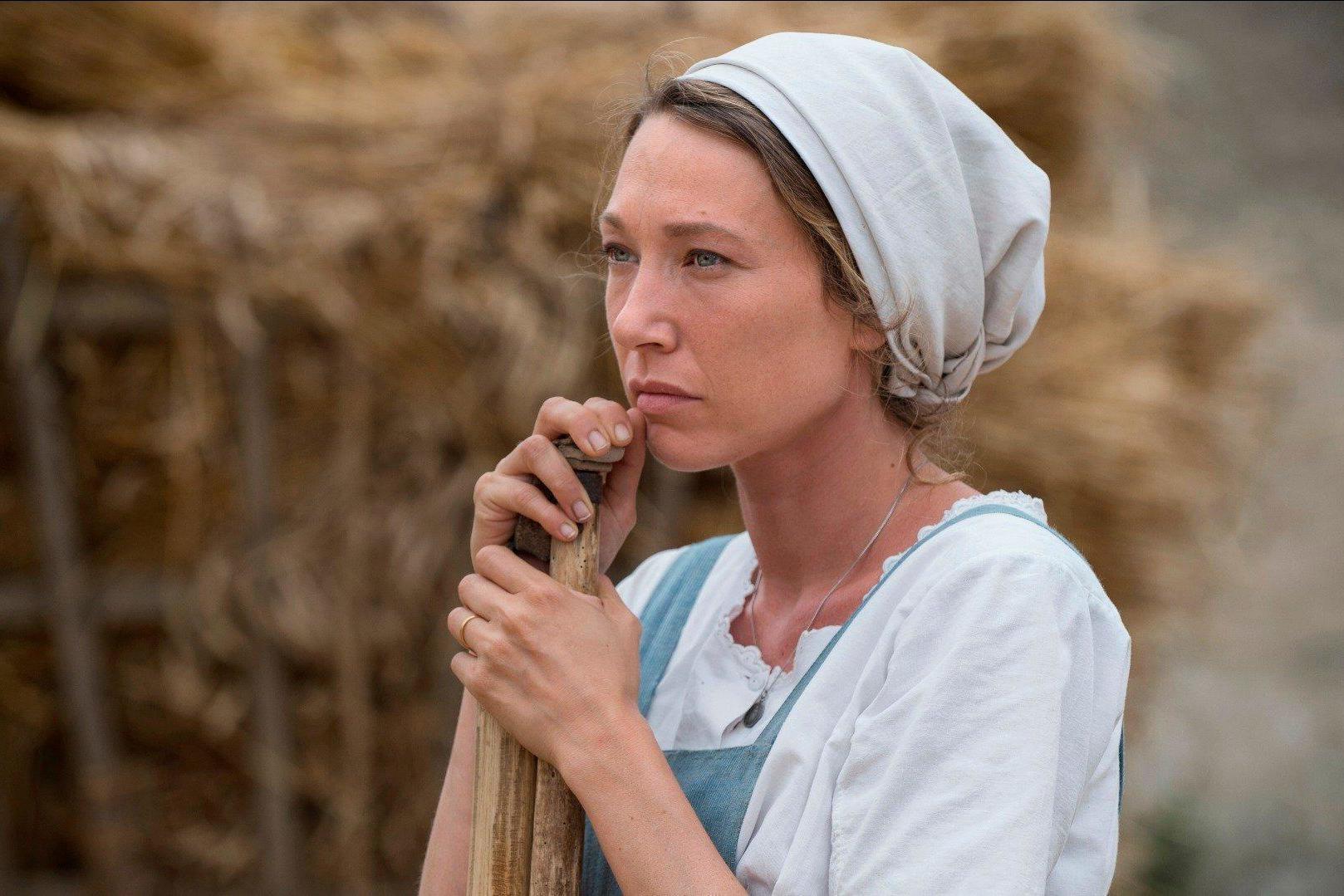The Guardians review: An epic, female-driven wartime melodrama
Xavier Beauvois recreates agricultural life of the period in convincing and extraordinarily detailed fashion

Your support helps us to tell the story
From reproductive rights to climate change to Big Tech, The Independent is on the ground when the story is developing. Whether it's investigating the financials of Elon Musk's pro-Trump PAC or producing our latest documentary, 'The A Word', which shines a light on the American women fighting for reproductive rights, we know how important it is to parse out the facts from the messaging.
At such a critical moment in US history, we need reporters on the ground. Your donation allows us to keep sending journalists to speak to both sides of the story.
The Independent is trusted by Americans across the entire political spectrum. And unlike many other quality news outlets, we choose not to lock Americans out of our reporting and analysis with paywalls. We believe quality journalism should be available to everyone, paid for by those who can afford it.
Your support makes all the difference.Dir Xavier Beauvois, 135 mins, starring: Nathalie Baye, Laura Smet, Iris Bry, Cyril Descours, Gilbert Bonneau, Olivier Rabourdin
Xavier Beauvois’ superb new film The Guardians starts as if it might be an anti-war war movie like All Quiet On The Western Front. It’s 1915 and the dead are piling up. Not even their gas masks can save them.
Beauvois, though, quickly whisks up from the battlefield and back to rural France where a mother, Hortense (Nathalie Baye), and her daughter, Solange (Laura Smet), have taken over the running of the family farm while they wait for the menfolk to return.
Beauvois films the countryside in loving fashion. Whether mist-shrouded fields, rows of hay bales that look like yellow sculptures, cobblestoned courtyards or majestic forests, the world he shows looks just as we might imagine it from countless Impressionist paintings. Its beauty doesn’t hide its harshness. In almost every outdoor scene, the women are busy with their hands.
They’re scything the crops or ploughing the fields or chopping wood or fetching water or feeding scraps to the pigs or sowing seeds. Beauvois goes to extreme lengths to show the demanding nature of the women’s lives. They are still in a pre-mechanical era, using oxen instead of tractors. As one season follows another, the work is so gruelling that you wonder when and how the human drama will begin.
The women have sons and husbands at the front who make occasional visits home. Teachers in the classroom talk about the monstrous behaviour of the boche, but the war seems very far away.
Slowly, the story comes into focus. Hortense hires a young woman to help with the running of the farm. This is Francine (Iris Bry), a bright, self-reliant product of the local orphanage. On a trip home from the front, Hortense’s son, Georges (Cyril Descours), falls in love with her.
This causes jealousy and recrimination. There is already gossip in the tight-knit community about Solange consorting with the brash young American soldiers who moved into the area.
In a film in which nothing much seems to have been happening, seismic changes gradually take place in the characters’ lives. They deal with upheaval, death, pregnancy and betrayal.

Watch Apple TV+ free for 7 days
New subscribers only. £8.99/mo. after free trial. Plan auto-renews until cancelled

Watch Apple TV+ free for 7 days
New subscribers only. £8.99/mo. after free trial. Plan auto-renews until cancelled
Adding to the growing emotional force of the storytelling is a score from the veteran Oscar-winning composer Michel Legrand (who, more than 50 years ago, wrote the music for The Umbrellas Of Cherbourg).
The women, it turns out, are far more astute at running the farm than their absent husbands and brothers had been. Their success provokes envy in their neighbours. Francine is smart and self-reliant but that doesn’t stop Hortense from cutting her loose.
From its slow-burning beginning, The Guardians develops into an epic melodrama. It’s a wartime story in which, for a change, the men are relegated to supporting roles. It follows in a tradition of French rural family sagas like Jean De Florette or Manon Des Sources. The landscapes and the changing seasons play as much of a part in the story as the main characters.
Beauvois recreates agricultural life of the period in convincing and extraordinarily detailed fashion. He is helped by a handful of very strong performances both from established stars like Baye as the family matriarch and from newcomers like Iris Bry, whose complex portrait of the independent-minded, resourceful, religious and highly sensitive young farm girl rekindles memories of a youthful Isabelle Huppert.
The Guardians hits UK cinemas 17 August.
Join our commenting forum
Join thought-provoking conversations, follow other Independent readers and see their replies
Comments